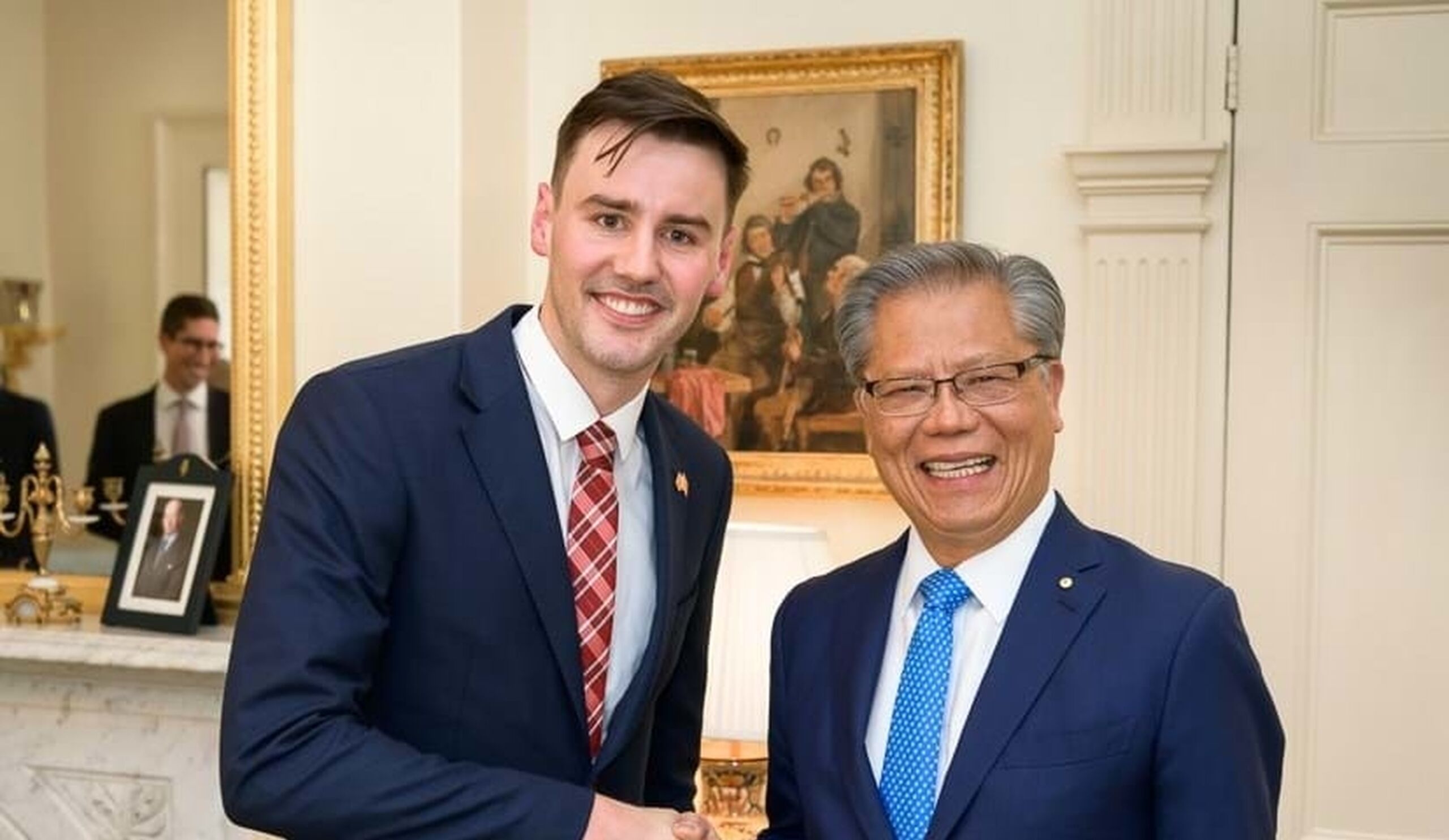11 June 2020
The John Monash Scholarships are awarded to outstanding Australians with leadership potential who wish to undertake postgraduate study overseas. These students are exceptional in their chosen fields and aspire to make the world a better place.
After graduating from Pembroke in 2012 Nicholas went on to study English and Creative Writing at the University of Adelaide. He is now completing his Master of Fine Arts in Writing for Performance at the National Institute of Dramatic Art. With his John Monash Scholarship Nicholas will pursue a PhD in English Literature overseas. In the future he hopes to combine his interests in writing and teaching, storytelling and scholarship, art and academia.
We asked him a few questions about his time at Pembroke and how his education shaped his career.
How did your interest in English literature and creative writing begin?
I loved stories as a kid. I loved how you could hold a whole different world in your hands. But Year 10 English changed my outlook. One day my teacher Mrs Felicity Lobban brought in Wilfred Owen’s sonnet Anthem for Doomed Youth. This will sound hyperbolic or like a second-rate scene from Dead Poet’s Society, but for 50 minutes, over 14 lines, in a dusty Reeves tute room we probed the heart of humanity. And this wasn’t a one-off. Be it through Frost or Orwell or Shakespeare, Mrs Lobban showed how powerful language can be, how words give rise to that most magical thing, when a sentence sings or stings, igniting those flickers of feeling within—the realisation that, although we are miniscule within the world’s majesty, we are not alone.
What experiences did you have at Pembroke that have helped shape who you are?
Above all, the people at Pembroke—the staff, the students, the old scholars—helped shape me. My dearest friendships were formed there. Every day was an experience. The School allowed me to meet hundreds of bold and bright and brave people curious about the problems confronting the world. What a privilege.
You are passionate about connecting communities with the creative arts. What does that mean to you and how did you bring the creative arts to your voluntary work with The Smith Family and the Australian Refugee Association?
Too often, in conforming to the conditions of late capitalism, do we forget the power of play and imagination. The arts are avenues for self-expression. The arts are sites of communion. This sounds fanciful but I’ll always remember when others have challenged, comforted, crystallised—pick your verb—with a pen, a voice, a body. In my volunteer work I’ve had the privilege of witnessing people reveal their inner story, their authenticity, their vulnerability. Beautiful, brave things.
Do you have a fond memory of Pembroke that you would like to share?
Too many! School plays, tuckshop feasts, Friday afternoon activities, formals (and furtive after-parties), Interschols against Westminster.
I remember feeling so overwhelmed by Pembroke when I started in Year 7. I barely knew anybody. But on that first day I met another loner and we decided to be alone together. We’d sit by the water fountain, hoping—praying—somebody would talk to us. (Legend has it we’re still there, sitting, waiting ...) And there, by that fountain, a friendship was forged. To this day, 13 years later, that loner is still one of my best mates (shout out to Edward Mignone).
What advice would you give to your 18-year-old self, and what advice would you give to students of today?
With the risk of sounding didactic or patronising, I’m a little hesitant to give any words of wisdom. I think the best advice is self-generated through mistakes and maturity. Nonetheless, for what it’s worth, here are two things I’ll offer.
So often in life we’re waiting for the life to come—I can’t wait to leave high school. I can’t wait to finish uni. I can’t wait to retire. But happiness happens in the present. Not the past. Not the future. Each morning savour that first breath, that feel of your feet on the ground, that miracle of our mortality.
Although time might not heal all wounds, it certainly tempers them. All those moments in school we fear will make us cry of pain or die of shame—failing that exam, forgetting casual clothes day, falling for that sweetheart Mary Sue or Ricky Hugh—will one day fade into the anonymity of memory.
What are your career aspirations once you graduate from your PhD?
To read and write, to learn and teach—in any way possible.

Reception at Government House for Nicholas Duddy


